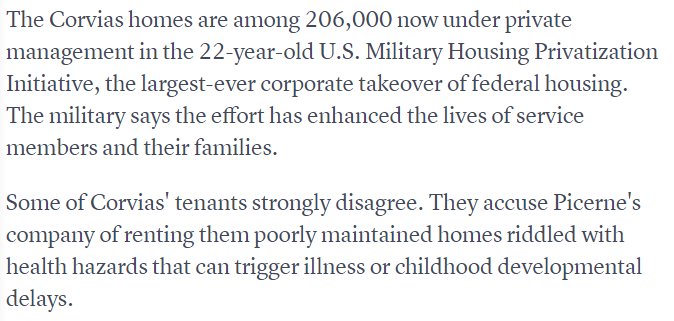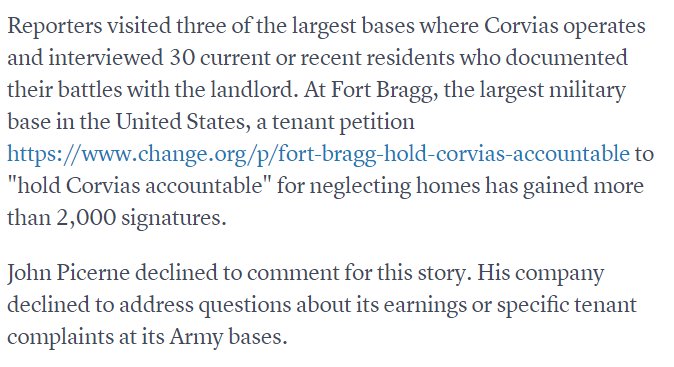I was legit SHOCKED at the difference when I started thinking about a BigCo again, a few years ago, after spending 15 years at small companies.
Let’s talk about salary first then dive into the other more complicated parts.
BigCo bonus programs vary considerably, but at most of them, employees have “bonus targets” that are a percentage of their base salary.
As you get promotions, your bonus target goes up, until by the time you’re an executive, it might be 50% or more.
Regardless of how it’s determined, bonuses are paid in lump sums, rather than spread over paychecks.
It can also be extra tricky for folks from underrepresented groups to navigate, because statistically, bias means lower review scores.
At best I got stock options, which gave me the “opportunity” to purchase stock at a lower price than the shares were worth.
BigCos just literally give you stock. If the company is public, that’s actual money.
Some companies “vest” yearly, meaning you get X/4 of the grant once a year like a bonus. Others vest monthly, so you essentially get a third paycheck for X/48 every month.
At many companies, you can expect a new 4-year grant every year, so this REALLY adds up as you get into 4 or 5 years’ tenure.
But then again, once upon a time, you used to be guaranteed to have your house go up in value. ¯\_(ツ)_/¯
Your total compensation is then $120k + $18k + $25k = $158k. That’s within spitting distance of the bottom of the levels.fyi/2018 list.
For a company full of smart people, Google seems a bit dense when it comes to statistics.









